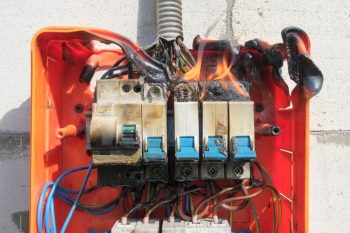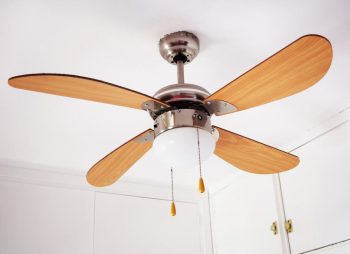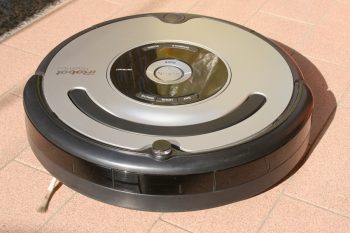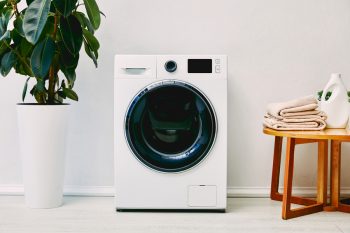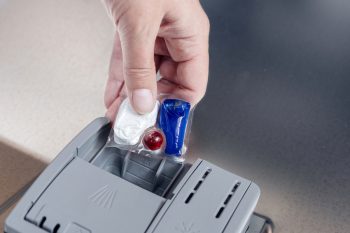
Are you wondering if you should get a humidifier or dehumidifier for your basement?
Though it might go unnoticed, the basement is essential to any home or business. It offers extra storage space for any clutter you do not want to mess up the house’s decoy.
Unfortunately, the basement is also one of your home’s dampest areas. Lack of sunlight and proper air circulation makes the room prone to moisture buildup, leading to the familiar musty smell.
Dampness can be a serious issue, especially for your foundation and if you store valuable or fragile items in the basement.
We will look at the best solution to your moisture issue and some benefits of removing excess moisture in your basement.
For damp areas like the basement, dehumidifiers are the most appropriate devices to manage moisture content in the air.
Due to soil moisture, reduced ventilation, and poor heating, the room is more prone to a build-up of moisture.
The advantages of using a dehumidifier in the basement include preventing mold growth, structural damage, and pest infestation to the house. Likewise, dehumidifiers also reduce your air conditioner’s energy consumption.
However, before buying a dehumidifier, there are a couple of factors that you should consider. They include the size of the basement, ventilation, items stored in the room, and the climate region you stay in.
Stick around to learn more about using humidifiers and dehumidifiers around the house.
Difference Between a Humidifier and Dehumidifier
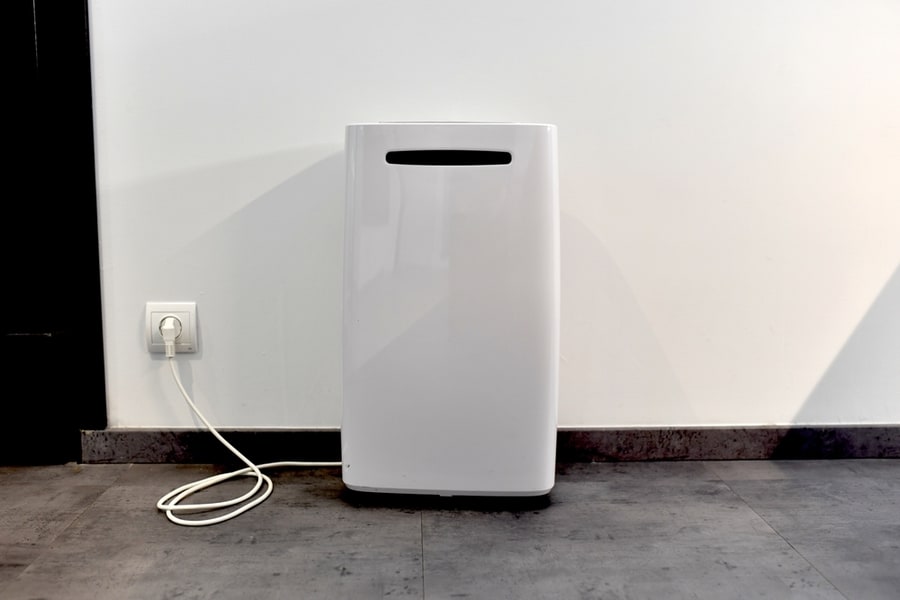
Sometimes it might become challenging to differentiate between a humidifier and a dehumidifier. Do not worry; we have you covered.
Humidifiers are devices that add moisture to the air when a room gets too dry. They use a percentage reading to measure moisture in the room, then saturate the air with water vapor until the desired humidity is achieved.
On the other hand, a dehumidifier is the complete opposite of a humidifier. It removes excess moisture in the air by cooling it and letting moisture condense into water droplets.
Like the humidifier, you can control the humidity by setting a humidity range, and the device will remove any excess moisture until the desired level is achieved.
You would opt to use a humidifier or dehumidifier for different reasons. However, in most cases, the high humidity level in the basement would require getting a dehumidifier.
What Causes High Humidity in the Basement?
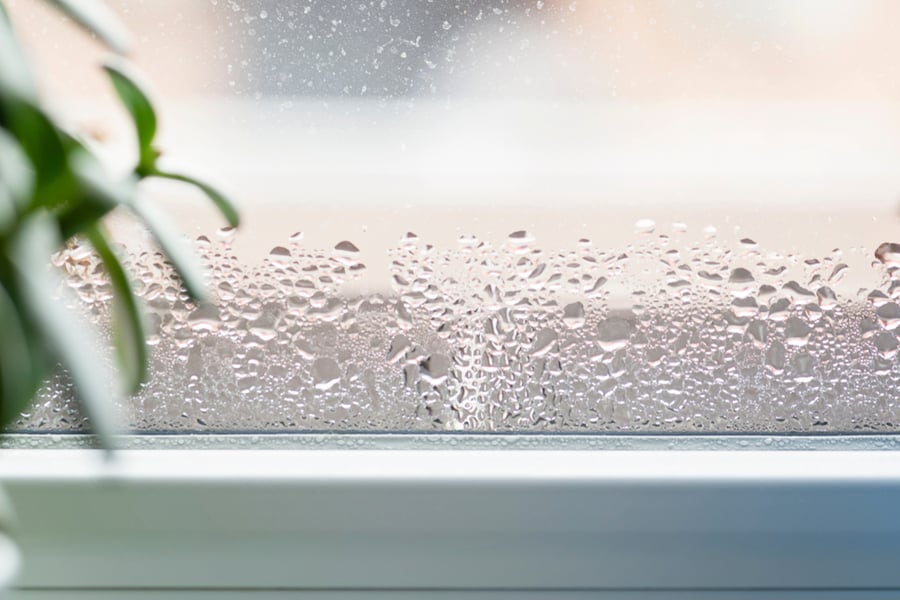
You might wonder what causes the musty smell when you walk into your basement. The rooms are often prone to high humidity due to their location. Because the basement is located below ground level, it is more susceptible to moisture from the soil.
Likewise, the room’s ventilation also plays a role in reducing dampness in a room. In most cases, basements are poorly ventilated, making it difficult for moisture to escape.
Poor heating should also be included in the list. Unlike most rooms in the house, the basement might not get adequate heating to dry out the area.
In addition, the lack of windows also prevents sunlight from heating and drying the room.
Lastly, basements might also be the most neglected rooms around the house. As a result, the areas are more prone to leaking pipes, inadequate waterproofing, and poor insulation, all of which can lead to high humidity levels.
Advantages of Using a Dehumidifier in the Basement
So, why should you get a dehumidifier for your basement?
High humidity levels can lead to various issues, especially in the basement. A dehumidifier can help cancel those negative effects and ensure your house is in perfect condition.
Let us look at some advantages of getting a dehumidifier:
1. Prevention of Mold and Mildew

One of the biggest issues caused by high humidity levels is the growth of mold and mildew. These fungi are notorious for growing in moist areas around the house.
Mold is not only unsightly, but it can also be a huge health risk to you and your family. It can cause an allergic reaction, leading to skin disorders and respiratory issues.
By dehumidifying the basement, you remove excess moisture and reduce the growth of mold and mildew.
2. Prevention of Structural Damage to the House

In addition, dehumidifying the basement can prevent structural damage to your property.
Excess moisture can lead to wood rot and metal rusting, affecting your house’s foundation, walls, and floors. Over time, the house’s structural integrity might weaken, leading to expensive repairs.
Dehumidification can help reduce the process of oxidation, which helps retain your home’s structural integrity.
3. Reduced Energy Bills

Thirdly, getting a dehumidifier for the basement can also help reduce energy consumption around the house.
High humidity content helps air retain heat. However, if you use an air conditioner around the house, the device requires more cooling cycles to remove heat from the basement, leading to higher utility bills.
However, a dehumidifier in the basement will remove excess moisture in the air, significantly lowering the temperature of the air in the room. This makes it easy for the AC device to cool the rooms in the house and maintain your desired temperature.
4. Pest Prevention

Additionally, dehumidification can also reduce pest infestation in your basement.
High humidity levels can attract pests like rodents, termites, cockroaches, mosquitoes, and other insects. Using a dehumidifier helps reduce the high moisture content required for them to thrive.
Recommended Humidity Levels in a Basement

The main reason for using a dehumidifier is to maintain a safe and pleasant humidity level without drying out the basement.
The space should usually have 30% and 50% humidity. The level is ideal for preventing any mold and pest infestation.
A hygrometer is an easy way to measure the humidity levels in your basement. The device might help you determine if you need a dehumidifier for your basement.
If humidity does not exceed the recommended levels, there is no need to keep the humidifier running. This can also help you save on energy and repair costs.
Type of Dehumidifier To Use in a Basement

The type of dehumidifier you should use depends on a couple of factors.
If your basement is too huge, you might need a powerful dehumidifier to regulate the moisture content around the room. In addition, if the room has a couple of windows and less clutter, air can freely flow in the basement, reducing the need for a powerful dehumidifier.
Furthermore, if you live in a humid region, you might need to buy a high-capacity dehumidifier to help reduce the moisture content in the room.
Using a Humidifier in a Basement

You do not always have to use a dehumidifier in the basement. However, if the moisture content in the room is too low, a humidifier can come in handy.
Low moisture levels can cause your skin to dry up and cause dust to accumulate, leading to respiratory issues.
Takeaway
If you are considering getting a humidifier or dehumidifier for your basement, it depends on the humidity levels in the room. In most cases, basements are prone to high humidity levels that can cause significant damage to the room.
Getting a dehumidifier is the best option to regulate humidity levels and ensure the basement is mold-free. Other dehumidifier benefits include preventing structural damage and pest infestation and reducing energy consumption.
Frequently Asked Questions
What Is Better for a Basement, a Dehumidifier, or a Humidifier?
In naturally damp areas, like the basement, it is highly recommended to get a dehumidifier to help reduce moisture and prevent mold growth.
When Should I Not Use a Dehumidifier?
Dehumidifiers are ideal to use in hot, humid regions.
However, if you live in areas below 60° F, cooling the indoor air further might lead to the coils freezing, damaging the device.


